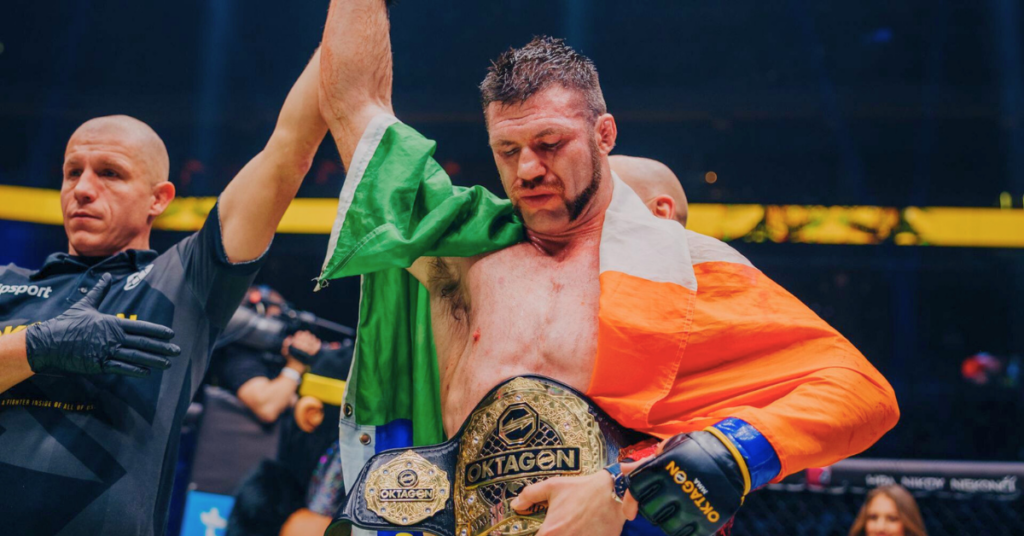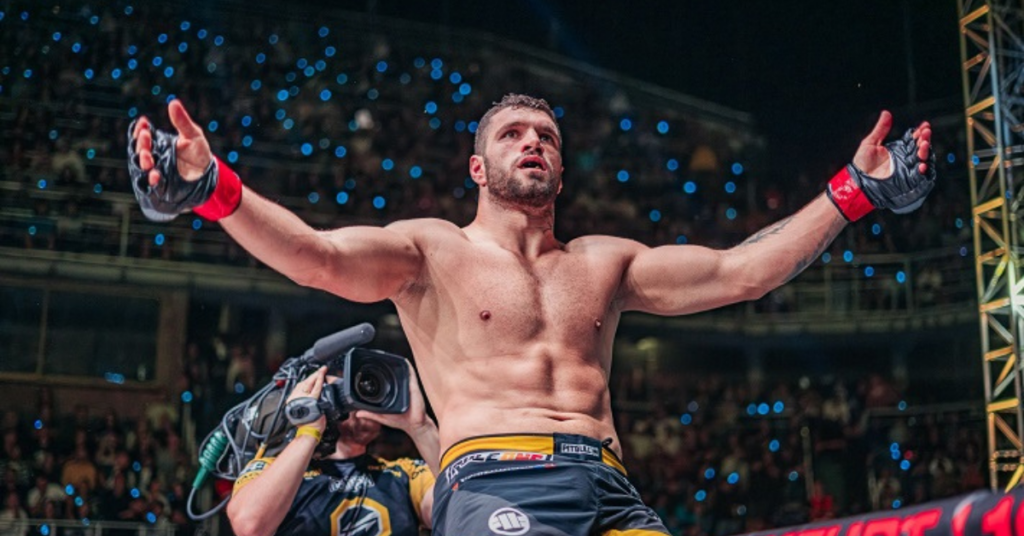UFC Settles Landmark Antitrust Case with $375 Million Payout
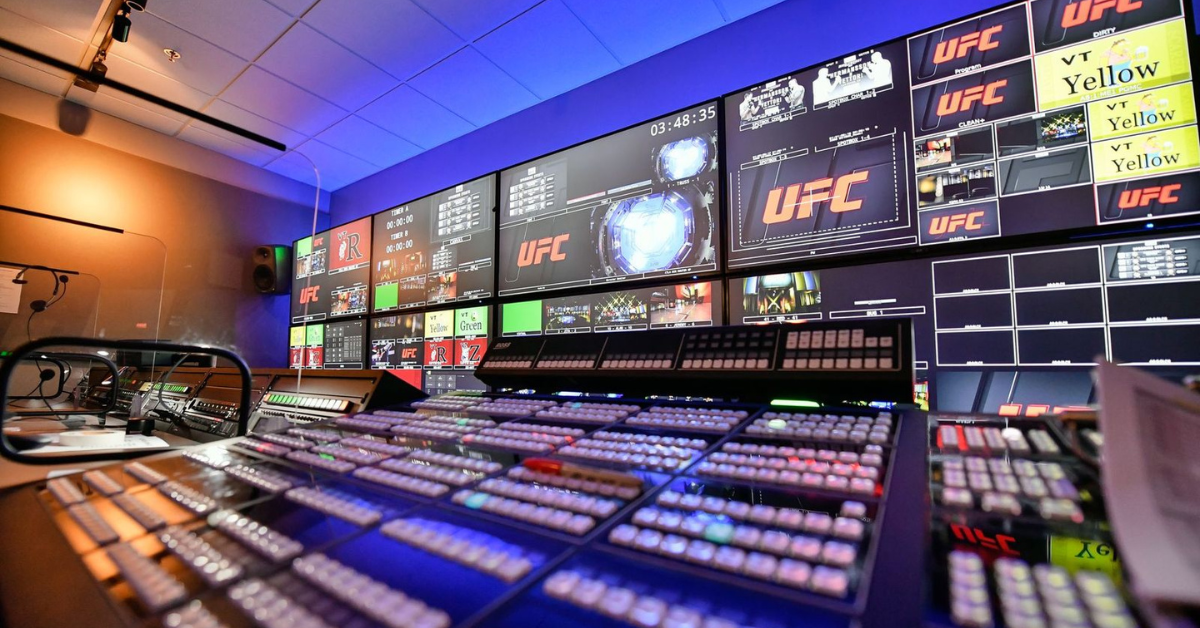
In a significant development for UFC athletes, Judge Boulware has granted final approval for a $375 million settlement in the Le v. Zuffa antitrust lawsuit. The decision, made on February 6, 2025, concludes a decade-long legal battle between the UFC and a class of former fighters who alleged the organization engaged in monopolistic practices that suppressed wages and stifled competition.
Le Vs. Zuffa Settlement in Antitrust Case
The settlement totals $375 million, with an estimated $240-260 million to be distributed among fighters who competed in the UFC between December 2010 and June 2017, after deducting legal fees. The lawsuit, initiated in 2014 by former fighters including Cung Le, accused the UFC of using exclusive contracts and other restrictive practices to maintain monopsony power in the MMA labor market.
This settlement follows Judge Boulware’s rejection of an earlier $335 million proposal, which he deemed insufficient. The revised agreement exclusively resolves claims for the “Cung Le Class,” leaving a second lawsuit (Johnson v. Zuffa) covering fighters from 2017 onward still pending.
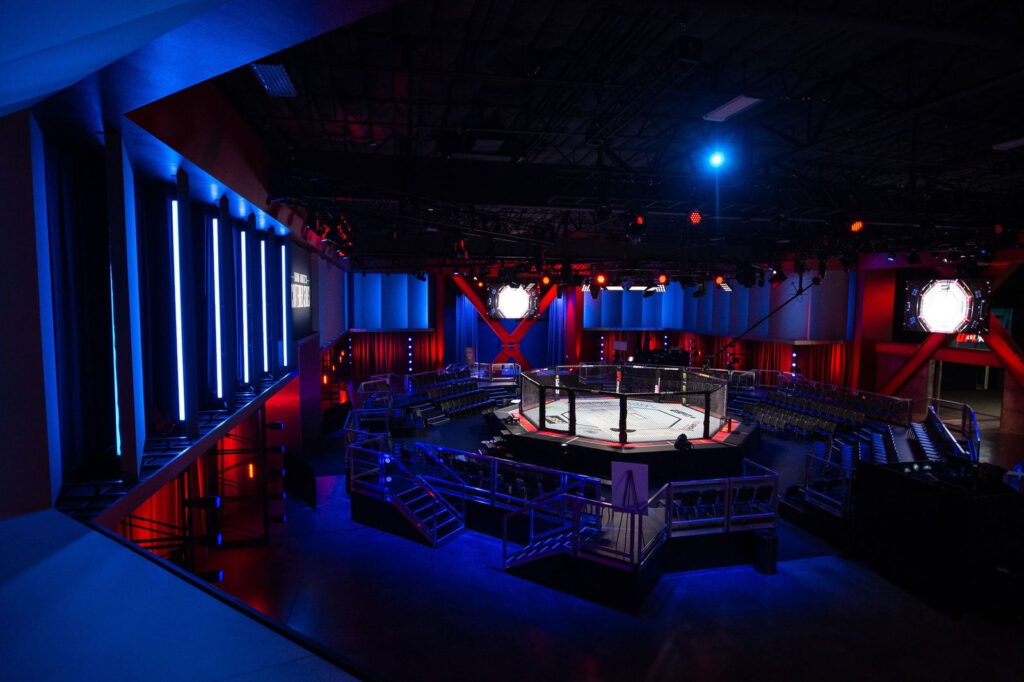
UFC attorneys emphasized their commitment to ensuring all eligible fighters file claims to receive their payouts. A spokesperson described the settlement as “welcome news” that allows the organization to move forward. Lead attorney Eric Cramer hailed the outcome as a “monumental achievement” providing relief to hundreds of deserving fighters. He also acknowledged the bravery of representative plaintiffs who fought for this result over ten years.
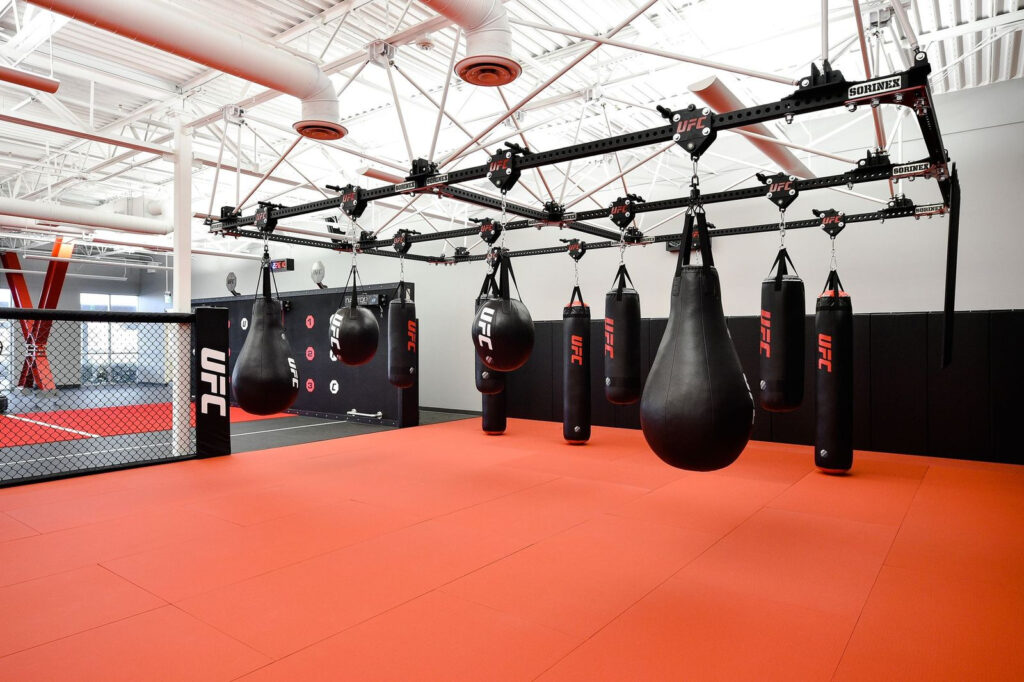
Eligible fighters are encouraged to claim their share of the settlement, with payments expected to begin after June 2025. This case sets a precedent for combat sports athletes seeking legal recourse.


